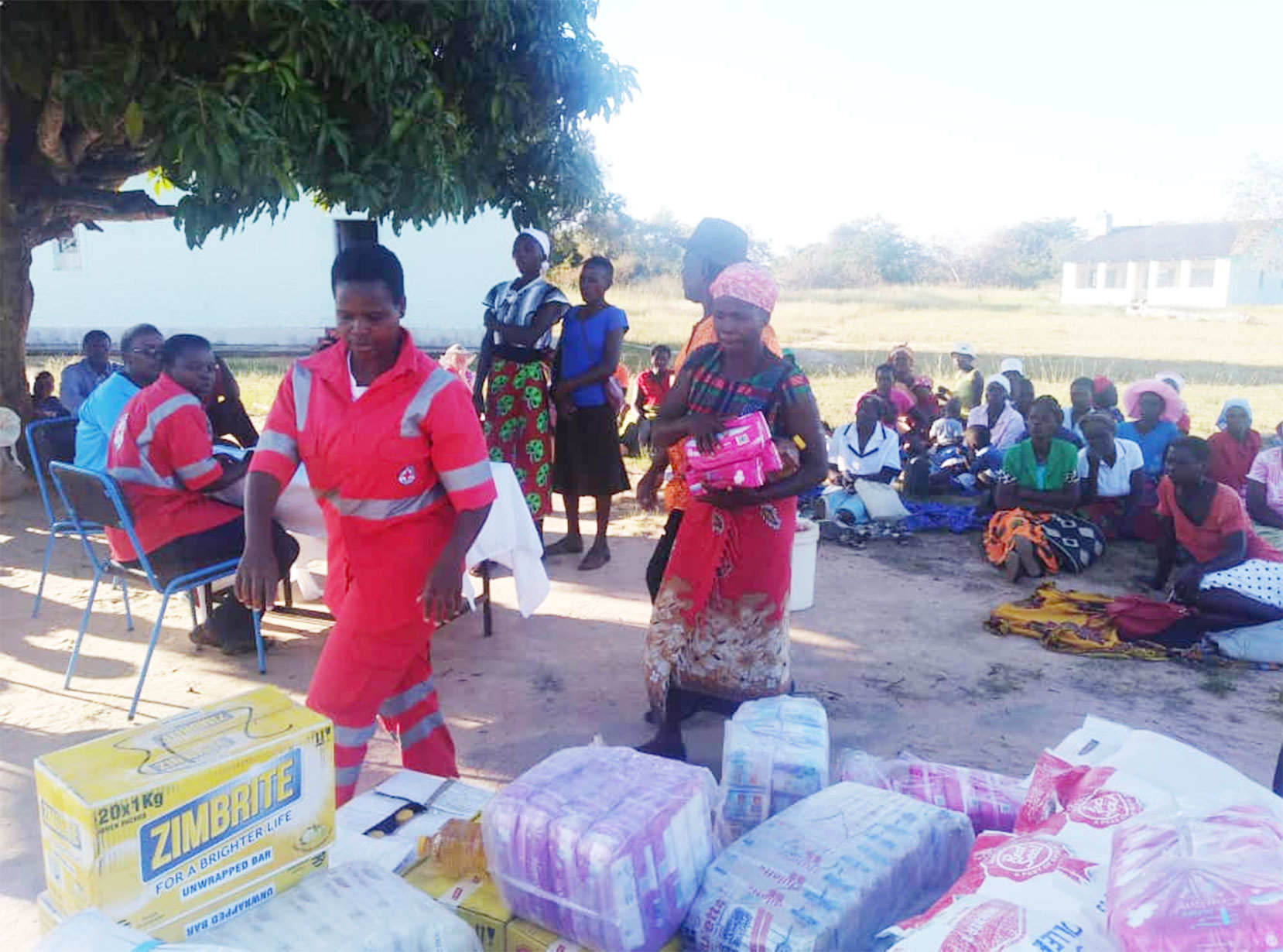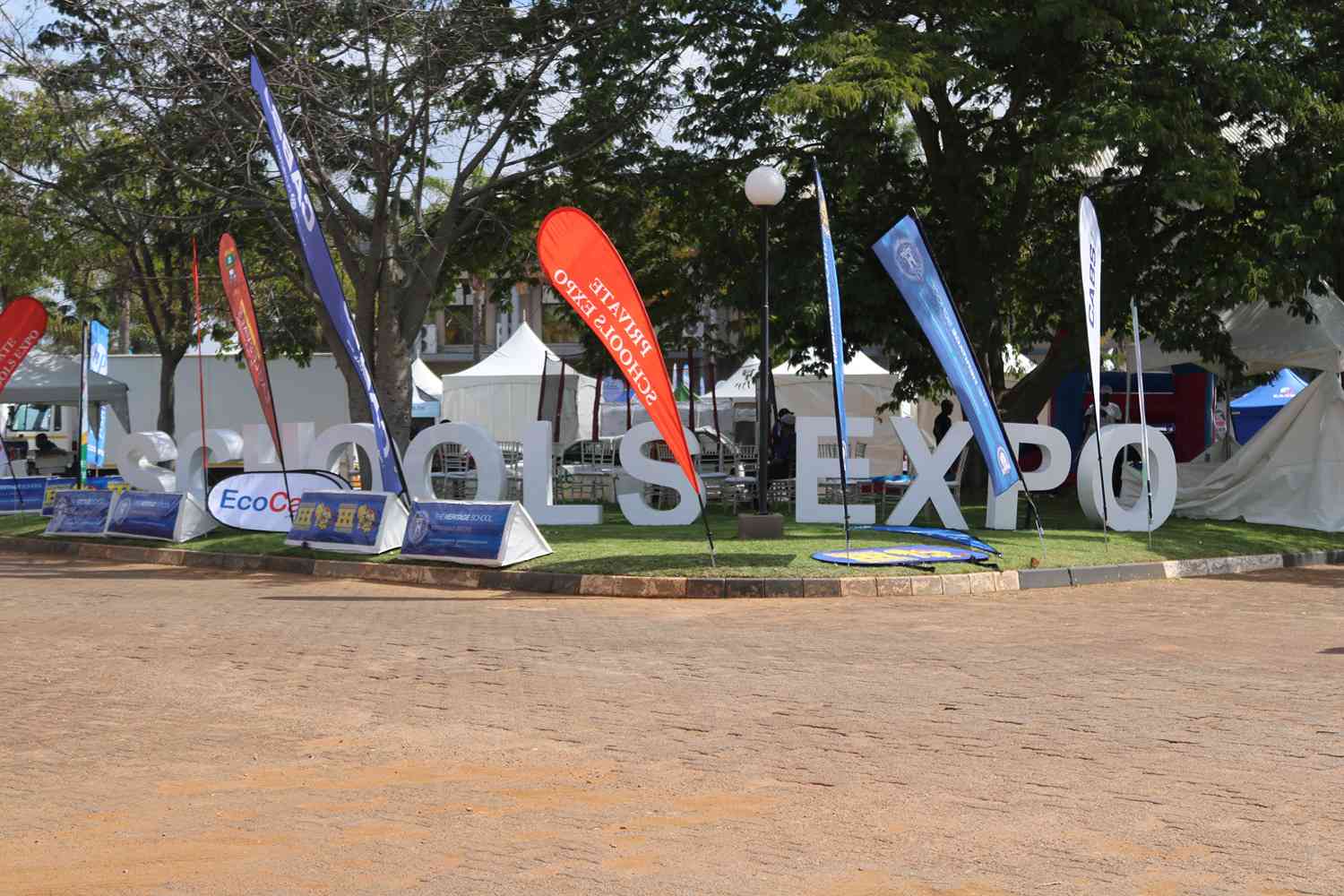
social commentary with Moses Mugugunyeki
Carrying her two-month-old baby on her back, Fortunate Chiedza Mwisai of Goodhope 2, Chino in Chirumanzu’s ward 20, looks distraught as she joins a queue of people affected by Cyclone Idai receiving humanitarian aid.
Although no injuries and deaths were recorded in this district in Midlands province, more than 120 homes were destroyed by the cyclone-induced heavy rains in the area, leaving severe psychosocial damage.
Last Monday, the Zimbabwe Red Cross Society (ZRCS) visited the area distributing relief aid, but for Mwisai – a mother of three – as well as other affected families, they needed more than just material aid. They needed counselling.
Her emotional wounds may not be visible like her ruined homestead, but from the interview she had with Standard Style, it was clear she could not overcome her losses.
“We lost everything from clothes, utensils, food to our houses and we had to endure the long night in the open with my husband and three children,” she said.
“We had a traumatic experience, but it was worse for the children. We are happy with the donation, but we need more.”
Another villager, Blessing Mutowo – a mother of two – said she had lost important documents, including her national identity card and birth certificates for the whole family.
- Chamisa under fire over US$120K donation
- Mavhunga puts DeMbare into Chibuku quarterfinals
- Pension funds bet on Cabora Bassa oilfields
- Councils defy govt fire tender directive
Keep Reading
“We were left with nothing, but we thank God there were no fatalities. Our two huts were destroyed and we had to build a makeshift shelter where we are now sleeping,” she said.
“My child, who is 12 years, says he is being teased at school because he no longer has his school uniform after it was lost in the flood,” she said. ZRCS communications manager Stambuli Kim said his organisation provides humanitarian assistance not only with traditional relief aid such as shelter, food distribution and basic health care, but also with psychosocial support.
“You will realise that Red Cross has a full package of humanitarian relief from food, shelter, clothes, health services, sanitary wear to psychosocial support,” Kim said.
“Our mandate as an auxiliary arm of the government is to identify vulnerable communities or communities affected by disasters and find possible means of assisting them.”
Acting district administrator for Chirumanzu Patricia Mpofu said Cyclone Idai destroyed several homes in the district, especially in wards 2, 11 and 20. She said she was happy that the affected communities were getting assistance.
“The damage was not that severe as in Manicaland province, but we have a number of homes that succumbed to Cyclone Idai. There are also a few schools that were affected,” she said.
“We are happy that organisations like Red Cross and the corporates are working with the government in assisting the affected areas.”
Meanwhile, ZRCS have joined forces with several other organisations and government in helping individuals and communities in Chimanimani and Chipinge heal the psychological wounds and rebuild social structures after Cyclone Idai.
Apart from psychosocial support and relief aid, ZRCS is assisting people who have been separated from their family members or whose relatives are unaccounted for as a result of Cyclone Idai.
More than 300 people died and several bodies were washed away to Mozambique while thousands of families were displaced.
“Restoration of Family Links is an integral component of the Red Cross. We are on the ground and our volunteers are assisting people who have been separated from their family members as a result of the cyclone,” said ZRCS operations director Karikoga Kutadzaushe.
“We have opened websites, social media platforms and other traditional means as we try to unite families split by disaster.” Kutadzaushe said the survivors despite the trauma were now much concerned with their life, but they were left with nothing.
“People in those communities are saying they want to continue to live. They want somewhere to start from because they lost everything from relatives, clothes, houses to identity documents,” he said.
“Thus, we have embarked on programmes aimed at helping communities cope better with the situation. People in Chipinge and Chimanimani need to heal the psychological wounds and assisted to rebuild their social structures and as Red Cross we are doing that.”
He said the organisation had managed to mobilise resources despite the relief efforts being hamstrung by inaccessibility.
“As of last week, aid could not reach the furthest point, but we are happy that aid is now being air lifted and getting to the last man,” he said.
Meanwhile, the Zimbabwe Human Rights Commission in its report on Cyclone Idai victims said government officials who were on the ground were also traumatised and needed psycho- social support too.
“In fact, some of the government officials on duty were directly or indirectly affected by the disaster and, added to this, the onerous tasks of relief and recovery work had evidently taken its toll on these officials,” the report said.
“The Social Welfare staff and other organisations offering psycho-social support were clearly overwhelmed and failing to cope with the large number of affected people.”











